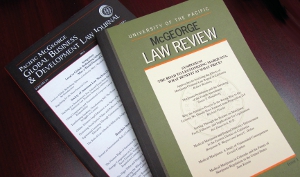The Shareholder Approval Conundrum
Document Type
Article
Publication Date
2019
Abstract
This Article explores the conundrum resulting from the fact that shareholders almost invariably vote to approve corporate mergers and sales by overwhelming margins, while, at the same time, most larger mergers and sales trigger multiple lawsuits by shareholders claiming that directors breached their fiduciary duty to get the best price for the shareholders. The conventional explanation for this phenomenon is that attorneys are bringing meritless claims. Reflecting this view, the Delaware Supreme Court, in its pivotal Corwin decision, declared that an informed and uncoerced shareholder vote in favor of a merger should lead courts to be dismissive of claims that directors breached their fiduciary duty in making the deal. Yet, studies have found that corporate managers, in fact, often sacrifice getting the best deal for the shareholders in favor of deals that maintain the managers’ positions and enhance their compensation. This, in turn, suggests that the conventional wisdom is too facile and raises a deeper factual conundrum: Why would shareholders vote for deals that sacrifice their interests? This Article presents an answer to this question. It sets forth a model of decision making contrasting narrow binary decisions with nuanced or flexible decisions and shows how the narrow binary nature of shareholder votes explains the conundrum of shareholders approving deals that sacrifice their interest in getting the best price. Addressing the doctrinal impact of this answer, this Article sets out the unintended consequences, unanswered questions, and doctrinal anomalies plaguing Delaware law regarding shareholder approval following Corwin and shows how this Article’s central insight regarding shareholder approval paves the way to clear up these doctrinal problems.
Publication Title
Boston College Law Review
Volume
60
Issue
7
First Page
1831
Recommended Citation
Franklin A. Gevurtz,
The Shareholder Approval Conundrum,
60
B.C. L. Rev.
1831
(2019).
Available at:
https://scholarlycommons.pacific.edu/facultyarticles/488



